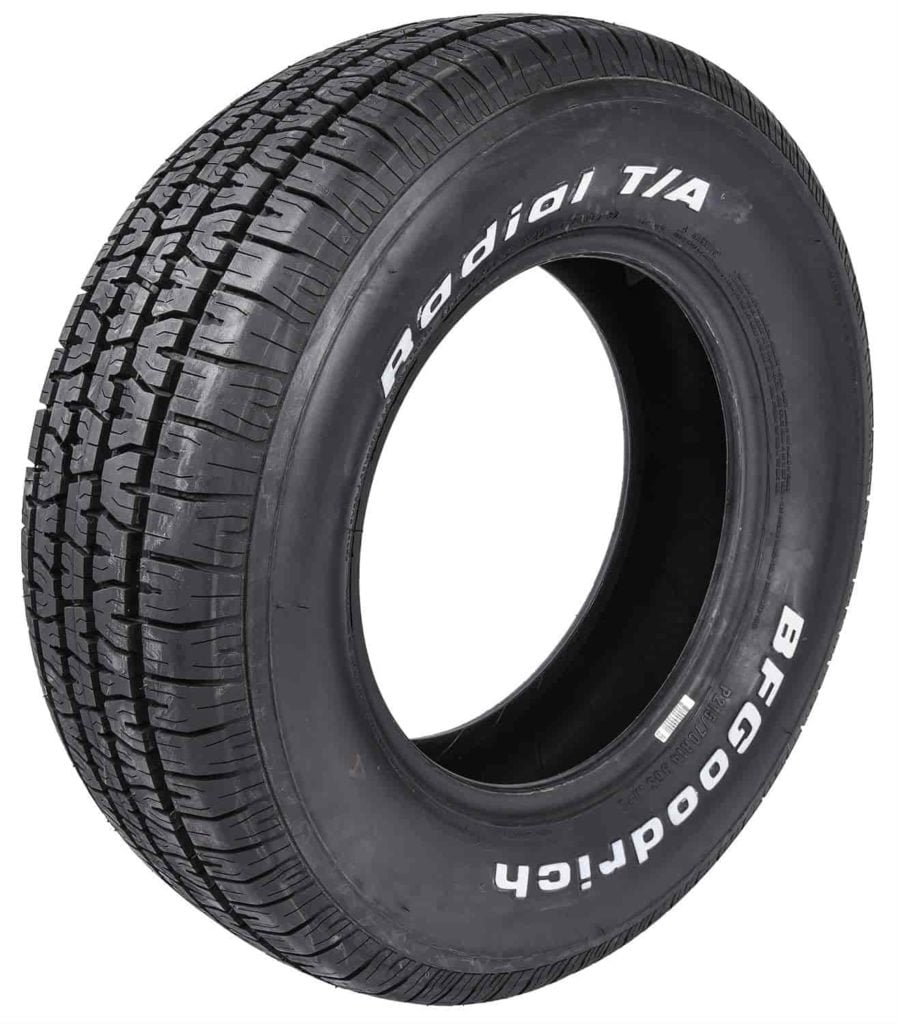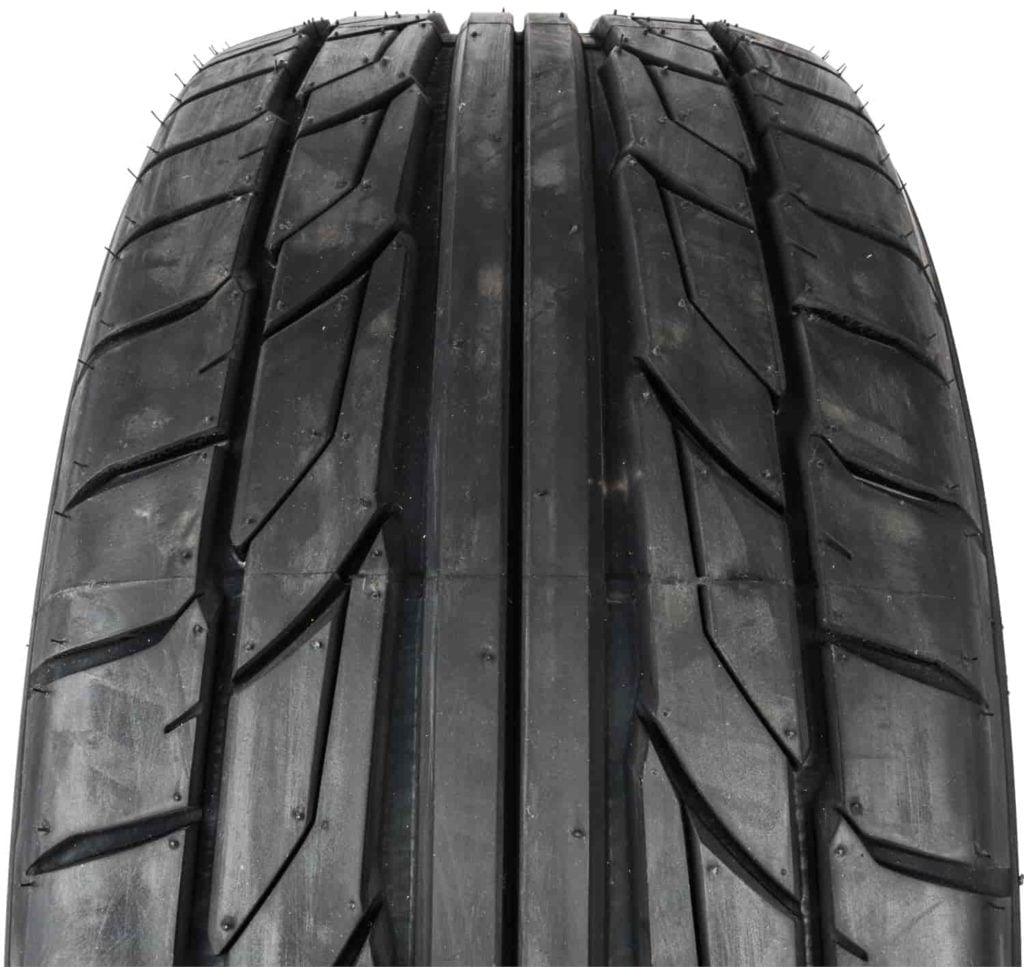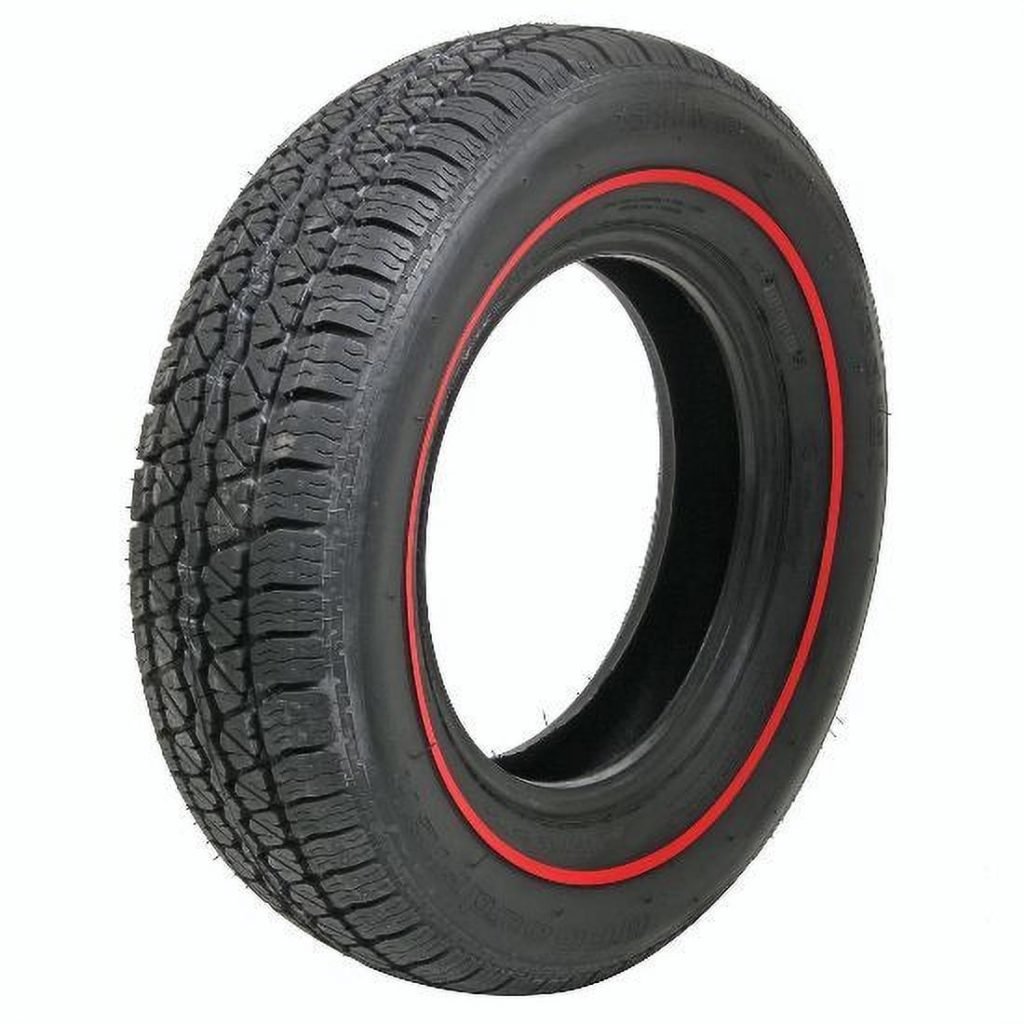Sign up now to join the JEGS email newsletter and be the first to learn about new products, special deals and e-mail only offers!


Your wheels and tires are some of the most crucial components of your car. Replacing them is a standard — and essential — part of car maintenance. However, to adequately keep an eye on your tires, it helps to understand how many miles your current set can go before needing replacement. Below, we help guide you on properly taking care of your wheels and tires.
Many factors and elements can impact how long your tires last. Here are some common ones to watch out for.
Your car's weight: Yes, your car's size can negatively impact your tires. While you cannot control how much components like the engine or fuel system weigh, you can keep the vehicle from getting heavier by unloading any unneeded cargo. The less weight on your tires, the more you can protect them from wear and tear.
The environment: Your tires come into contact with UV rays, pollution, and other substances each time they're exposed to the environment. These elements can wear away your tires over time.
Driving patterns: How you drive your car can also significantly impact the state of your wheels and tires. Heavy braking, rough terrain, and intense driving can accelerate the damage to your tires.
Tire pressure: Did you know that your tire's pressure can also affect their long-term condition? Over or underinflation can wear away your tire's materials. So, always check your tire's inflation, and ensure you keep it inflated to the pressure level on the Tire Pressure Label or owner’s manual. This is especially important when temperatures heat up or cool down such as in the fall or spring.
Tire rotation: Typically, front tires are going to get the most activity in front-wheel drive vehicles and rear tires wear faster in rear-wheel drive vehicles. As a result, these tires can become worn out over time. Rotating your tires allows you to ensure the tread wear is even across each tire. If you have an all-wheel-drive vehicle, this is even more important as diameter differences due to uneven wear from front to rear can damage the drivetrain.
These are just a few factors that can impact the wear and tear of your tires. Monitoring these elements allows you to not only increase each tire's lifespan but can also enhance your vehicle's safety.

While all tires will wear out at some point, there are things you can do to keep from having to replace them before when you need to. These strategies can help get the most activity out of your tires and save some money by holding off on purchasing new ones.
Rotate tires every oil change: As mentioned above, routine tire rotation can prevent wear and tear on the tires that manage most of the steering and activity— typically the front set. It's a good practice to try to rotate your tires each time you get your oil changed, which should be every 5,000 or so miles (depending on the vehicle).
Check your car's alignment: Over time, tires can become misaligned. An out-of-alignment car can lead to accelerated wear and tear. Ensuring your wheels are aligned can prevent steering wheel vibrations and damage to your car's suspension.
Ensure your tire is adequately inflated: An underinflated car can lead to accelerated wear to your tires, typically to the outer parts of the tread. It can also compromise your car's safety and decrease fuel efficiency. Over-inflation can lead to tires becoming too rigid, which prevents them from being flexible enough to handle various driving conditions, as well as accelerated wear to the middle of the tire tread.
Balance your tires: In addition to rotating your tires, ask the mechanic about balancing them. When you drive your car, weight may not always be evenly dispersed throughout the wheel and tire, leading to uneven tire wear and vibration while driving. A balancing machine determines the exact position and amount of weight to place on the wheel to decrease wear and tear and improve your driving experience.
Drive gentler: There are times when intense driving cannot be avoided — especially if you're driving in unsafe weather conditions or navigating a large amount of traffic. However, if possible, try to practice gentler driving habits. For example, slowly accelerate instead of stomping on the gas. The same also goes for braking (anticipating a stop light or stop sign ahead). These simple tactics can slow your tire's deterioration.
Use the correct tires: Standard tires weren't made to manage every scenario. If you're driving in winter weather, snow tires are essential. If you're traveling through mountainous terrain, then off-roading tires are necessary. Always buy and use the correct type of tires that are made to handle certain intense driving conditions.
Sign up now to join the JEGS email newsletter and be the first to learn about new products, special deals and e-mail only offers!

The longevity of your tires depends on various factors — many of them mentioned above. Most standard tires can last up to 70,000 miles. If the average person drives around 14,000 miles a year, most tires will last up to five years. Again, this depends not only on the tire itself but also on how well the tires are maintained and your driving patterns.
Whether in five or ten years, you'll eventually have to change your car's tires. Unless your tire is severely underinflated or blown, it can be challenging to start recognizing the signs of when they need to be replaced. Fortunately, there are some indicators that you can begin to look out for to tell when it's time to visit the closest tires near me store to buy a new set.
Lack of tread: You should try to shoot for a 2/32 inch tread measurement. This measurement is equivalent to the distance between the outer edge of a penny and the top of President Lincoln's head. You can use the penny to thoroughly inspect the tread and see if it's the same depth throughout. Also, check for any warping or misshapen formations in the tread.
If they’ve lasted ten years: Five years is when you should consider replacing your tires. However, they may last a decade if you've adequately maintained them. If they do, it's a good idea to replace them around that time. Even a good quality tire can show wear and tear after extended use.
You should also consider replacing your tires if they have sustained significant damage and could be unsafe for driving. Nevertheless, if you focus on routine maintenance, you'll hopefully ensure an extended lifespan for your car's wheels and tires.
When it’s time to change your car’s tires, JEGS can take care of you. Find wheels and tires from top brands at competitive prices online. If you need help finding the best tire for the job, our experts can provide trustworthy advice as well.




